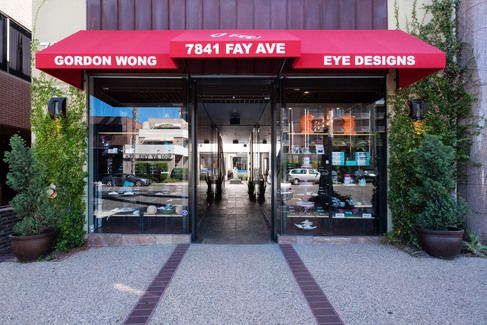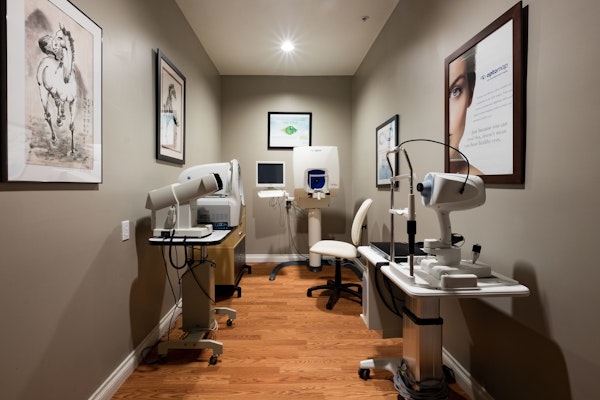What Eye Conditions Can Impact My Night Vision?
When eye conditions affect night vision, it can significantly impact your quality of li fe and even increase the risk of accidents. Treatments for eye conditions can help manage eye problems and improve vision.
fe and even increase the risk of accidents. Treatments for eye conditions can help manage eye problems and improve vision.
It’s important to seek treatment for eye conditions that affect night vision and cause night blindness as soon as possible. Serving La Jolla, CA, Carmel Valley, CA, and San Diego, CA, Dr. Gordon Wong and Dr. Wildon Wong of GW Eye Associates perform comprehensive eye exams to determine the best course of treatment for each patient’s needs.
About Night Blindness
Night blindness, also called nyctalopia, is a condition in which seeing in the dark or low light settings is difficult.
Night blindness can happen when not enough light reaches the retinas (the light sensitive structures of the eyes) or when the cells in the retinas don’t react to light correctly.
With this in mind, let’s take a closer look at some eye conditions that can impact night vision and which treatments may help.
Diabetic Retinopathy
Diabetic retinopathy is a complication of diabetes that leads to damage to the blood vessels that feed the retinas.
During the early stages, there may not be any noticeable change to vision but as diabetic retinopathy progresses, vision tends to get worse. Some people may see spots, floaters, dark spaces in their vision, and may experience blurry vision and difficulty seeing in low light.
Diabetic retinopathy is more likely to happen when diabetes is not well managed and blood sugar levels are regularly elevated.
Glaucoma
Glaucoma is a group of eye disorders that cause damage to the optic nerve. Usually glaucoma is the result of fluid buildup in the eye. The fluid buildup puts pressure on the optic nerve, causing damage to the nerve and affecting vision.
Glaucoma can cause blurry vision, tunnel vision, blind spots, and poor night vision. If left untreated, glaucoma can cause permanent vision loss.
Cataracts
Cataracts are cloudy areas that develop on the lens of the eye. Cataracts are a common eye condition as people age and develop as the proteins in the eye’s lens break down.
As cataracts form, they can cause the vision to look foggy, cause colors to appear faded, and make it difficult to see at night.
Treatments for Night Blindness
Treating night blindness begins with determining the cause of night vision problems. Undergoing an eye exam is an important step to identifying the cause of night vision problems and any other vision issues and treating them as early as possible.
Treatments for diabetic retinopathy include managing diabetes through diet and medication if necessary and focal laser treatment.
Glaucoma is often treated with medication but sometimes surgery or laser therapy is needed.
For cataracts, the only treatment to restore vision is through surgery. During cataract surgery the clouded lens is removed and replaced with an artificial lens.
In addition to these treatments, prescription eyeglasses can help make vision clearer which can be beneficial for those who have trouble seeing in low light conditions.
Find Out Which Treatments Are Right for You
If you are experiencing issues with seeing at night or in low light, it’s important to undergo an eye exam. Early detection and treatment of eye conditions is one of the best ways to protect vision. Contact GW Eye Associates to schedule an appointment.







